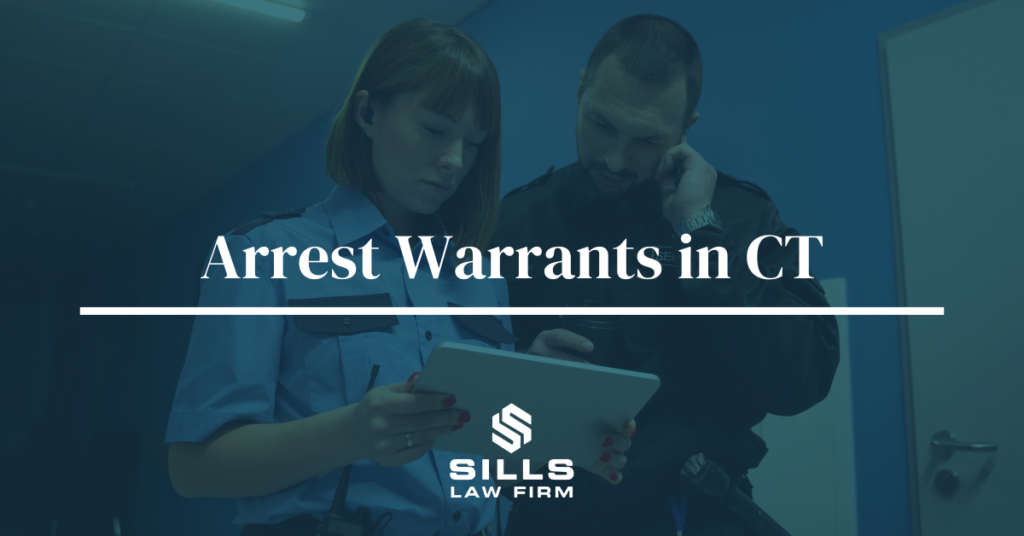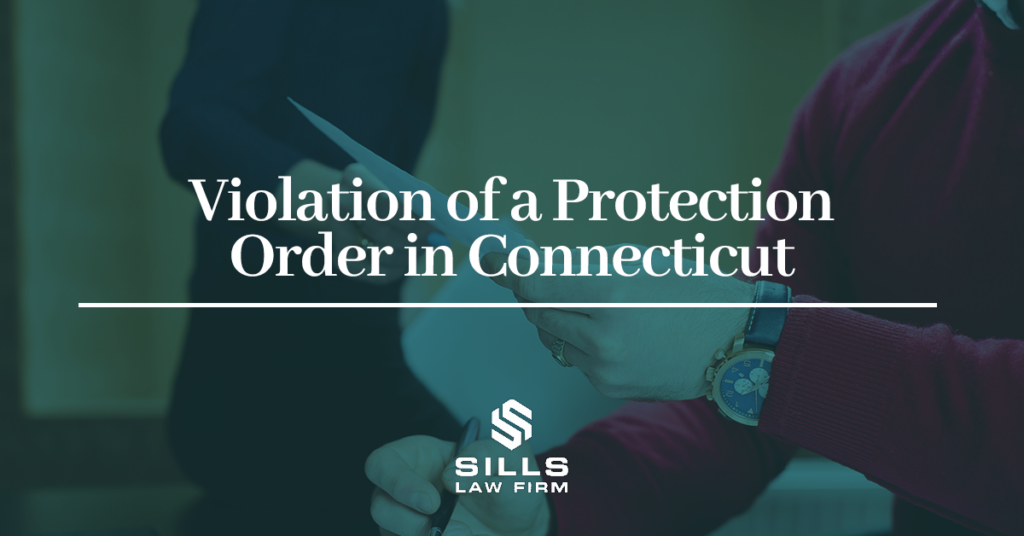There’s no question that making a police statement can be intimidating, especially if your freedom or that of someone you care about is potentially in the balance. You may be tempted to lie in order to escape a stressful situation, but doing so can make your situation a lot worse.
Lying to the police is a lot different than lying to the boss, parents, or spouse. Although there may be personal consequences with the latter, they usually don’t involve jail time and a criminal record that may damage your future prospects.
In Connecticut, providing false information to law enforcement when asked for identification, speaking under oath, or making a police statement may all be punishable by fines and jail time, so before you make a statement, you should consult with a CT criminal defense attorney.
Making False Statements in Connecticut
The police take a hard line on false statements because they often take enforcement actions based upon this type of sworn written information. They interpret lying as an attempt to avoid liability or cover up for someone else: either motive thwarts the course of justice.
In Connecticut, it is a crime to knowingly give a false written statement to any police officer. The state’s attorney could charge you with this offense if it believes that:
- You made a false written statement
- You knew the statement was not true
- You intended to mislead a police officer carrying out their lawful duty
- You made the statement under oath or on a form that indicates that false statements are illegal
Making a false written statement to the police in Connecticut is a Class A misdemeanor that can result in up to a year in jail, a fine of up to $2,000, and probation.
Making a false verbal statement may be charged as a separate crime called interfering with police. It is also a Class A misdemeanor unless the violation results in the serious physical injury or death of another person. Then it becomes a Class D felony punishable by a prison term of one to five years and a fine of up to $5,000.
Can You Be Charged With Perjury for Lying to the Police?
Yes, it’s possible. Connecticut law generally defines perjury as intentionally making a false statement in an official proceeding and under oath. If you make and sign a statement that says it is given under penalty of perjury and you’re later found to be lying, you can be charged with a Class D felony.
How Can a Connecticut Criminal Defense Attorney Help?
It may be in your best interests to speak to a criminal defense attorney before making any statement to the police, especially if you’ve been charged with a crime or are under investigation.
If you are in police custody and being interrogated, you may ask for counsel at any time prior to or during the interrogation. After you ask, the questioning must cease until you are able to speak with an attorney.
A criminal defense attorney can protect your rights, including your right to not incriminate yourself. If charges proceed, your attorney can seek to have them dropped by finding weaknesses in the prosecution’s case or, at the very least, reduce the penalties through a plea deal. If necessary, they can even take your case to an appeals court to get a more favorable outcome.
Contact the Sills Law Firm Before You Make a Police Statement
If you’ve been arrested or believe you are about to be, get an experienced criminal defense attorney on your side before you make a police statement. The Sills Firm has over 20 years of combined experience advocating for those caught in the criminal justice system and can help you make the right decisions at this early stage. To learn more, please call one of our two offices or contact us online.
Related:






